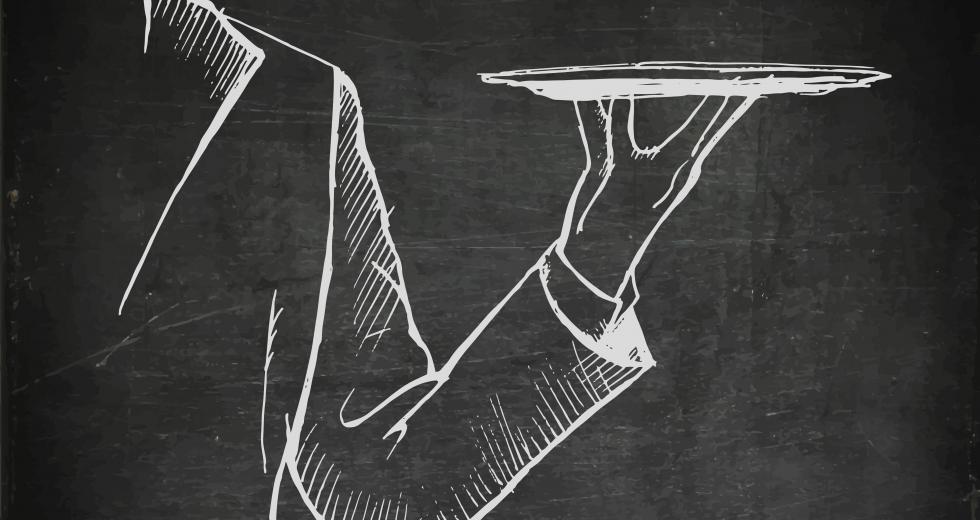The Tuesday after renowned chef Anthony Bourdain committed suicide, Patrick Mulvaney asked for help. The owner of Mulvaney’s B&L restaurant in Midtown Sacramento could no longer cook in good conscience — but he needed guidance.
To a group of 15 people, including representatives from WellSpace Health, the Steinberg Institute, Kaiser Permanente and the National Council for Behavioral Health, he pitched an idea for a mental health first-aid training program for food workers. Mental health first aid is about knowing how to ask questions, be available and direct someone to resources for support, he says. This month, after three trainings, Mulvaney expects to have about 75 Sacramento food workers trained. This is a big step for the industry, he says, because food workers often put mental health on the backburner.
“We view ourselves as outsiders,” Mulvaney says. “In hospitality, we’re always concerned about how others are doing, but it’s an interesting flip to think about how we’re doing ourselves.”
Related: Navigating Mental Health Conditions in the Workplace
Mulvaney says this is a world of long hours, where sleep-deprived chefs remain separated from friends and family for extended periods, leading to a host of problems such as mental degradation and substance abuse.
“Late hours aren’t good, drugs and alcohol, not eating, sleeping or exercising are all contributing factors,” Mulvaney says. “But rather than saying it’s drugs, it’s alcohol, it’s suicide, we can begin to talk about the underlying issue and talk about how we can get better.”
The California Restaurant Association supports Mulvaney’s program and plans to help collate funding sources to expand the program potentially nationwide, according to Sharokina Shams, vice president of public affairs.
“With more awareness — along with real, tangible help for those who are suffering — we just might be able to prevent another tragic loss,” Shams says. “But it will take a team effort from restaurants, caring donors willing to offer financial support and dedicated journalists bringing attention to the issue.”
Mulvaney believes this model could also spread into other industries facing similar struggles. While he acknowledges the fix won’t help everyone, “we just want resources to help the ones we can.”




Comments
This might help you with employee like Pamela Beltran or Rayna.
Creating another generation of cry-babies? Are restaurants now be required to have a "cry space" for employees?
What you should focus on is teaching teamwork, attendance & punctuality, personal hygiene, tolerance of customers, job appreciation, self pride of a job well done, you know, the basics to keep a job.
You've just further highlighted the problem - that potential mental health issues are not currently being acknowledged. If you someone had cancer would you tell them to suck it up and just think themselves well? So why do we do it to people with diagnosed mental illnesses? The point is to bring awareness to mental health so people who are experiencing mental illness can get help as they would a physical illness without the stigma that currently surrounds mental illness. I think it's incredibly admirable that the Mulvaney's are bringing awareness to mental health.